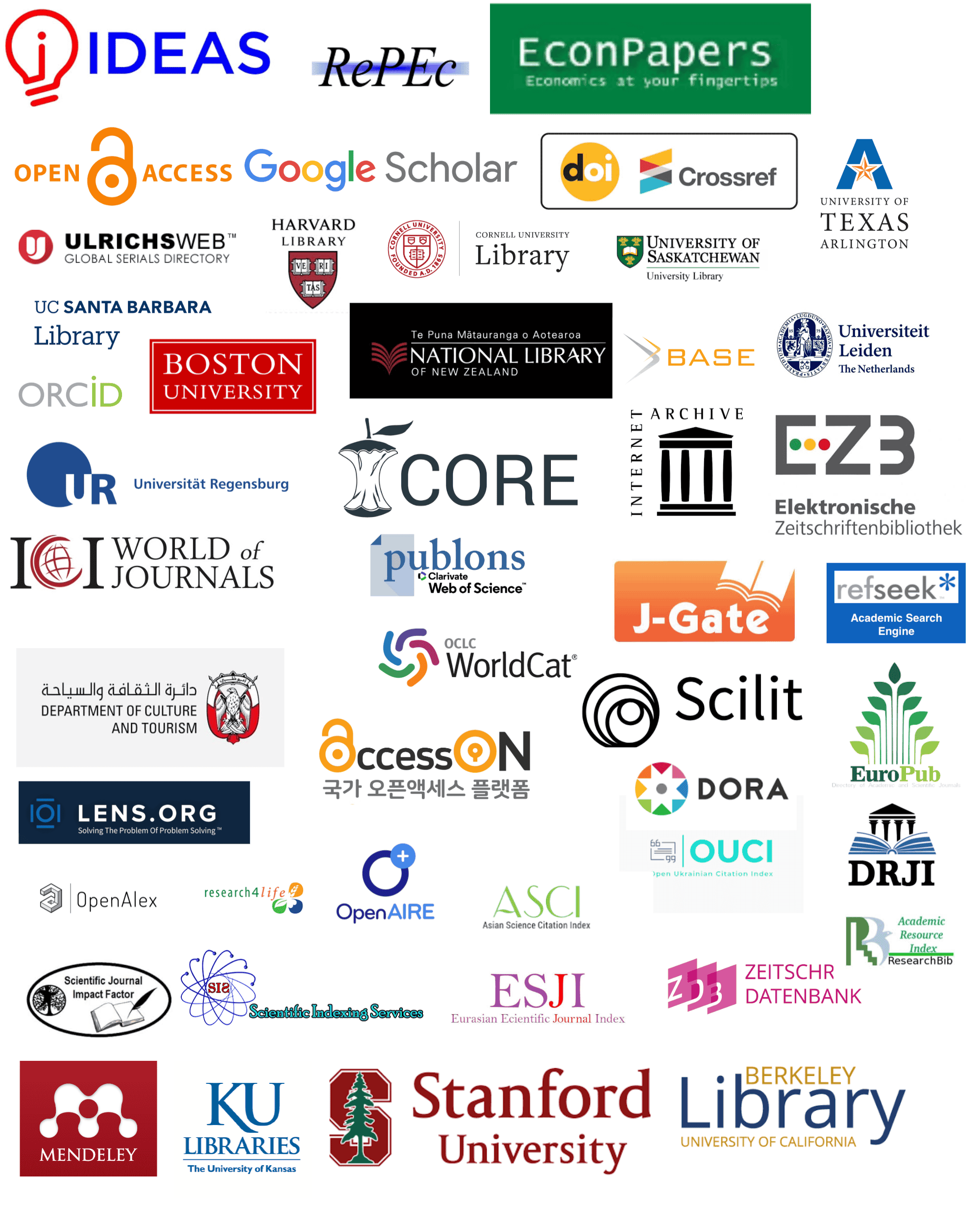Accounting for sustainability in banking: Role of IFRS and macroeconomic determinants in ESG performance
DOI:
https://doi.org/10.56879/ijbm.v4i3.20Keywords:
IFRS, ESG performance, banking sector, panel data, sustainability, macroeconomic factors, financial reportingAbstract
This research study explores the connection between International Financial Reporting Standards (IFRS) adoption and the Environmental, Social, and Governance (ESG) performance of banks by conducting a panel data study spanning 117 banks and 26 countries from 2009 to 2023. In doing so, the central hypothesis determines whether IFRS adoption, given its principles-based approach and commitment to transparency, offers an implicit improvement in non-financial performance possibilities, specifically in ESG scores. A Prais-Winsten regression model with panel-corrected standard errors is chosen to handle data autocorrelation and heteroscedasticity. The analysis includes accounting standards (IFRS vs. local generally accepted accounting principles (GAAP)), bank size, return on assets (ROA), return on equity (ROE) and macroeconomic variables such as GDP growth, inflation, regulatory quality and unemployment as key independent variables. The findings demonstrate a positive statistical relationship between IFRS adoption and ESG scores which supports the idea that strong financial reporting standards promote better sustainability disclosure. The analysis reveals that bank size demonstrates a powerful positive relationship with ESG performance. The financial performance indicators ROA and ROE fail to show any connection to ESG scores in this particular study. The research reveals that higher regulatory quality produces negative ESG performance while higher unemployment rates lead to decreased ESG scores. The research adds to the expanding dialogue about financial and non-financial reporting standards while demonstrating that IFRS adoption improves transparency in both financial statements and sustainability practices. The research findings provide important practical value for policymakers and investors and corporate decision-makers who need to link financial regulation with sustainable banking practices.
Downloads
Published
Issue
Section
License
Copyright (c) 2025 Lyazzat Palymbetova (Author)

This work is licensed under a Creative Commons Attribution 4.0 International License.



